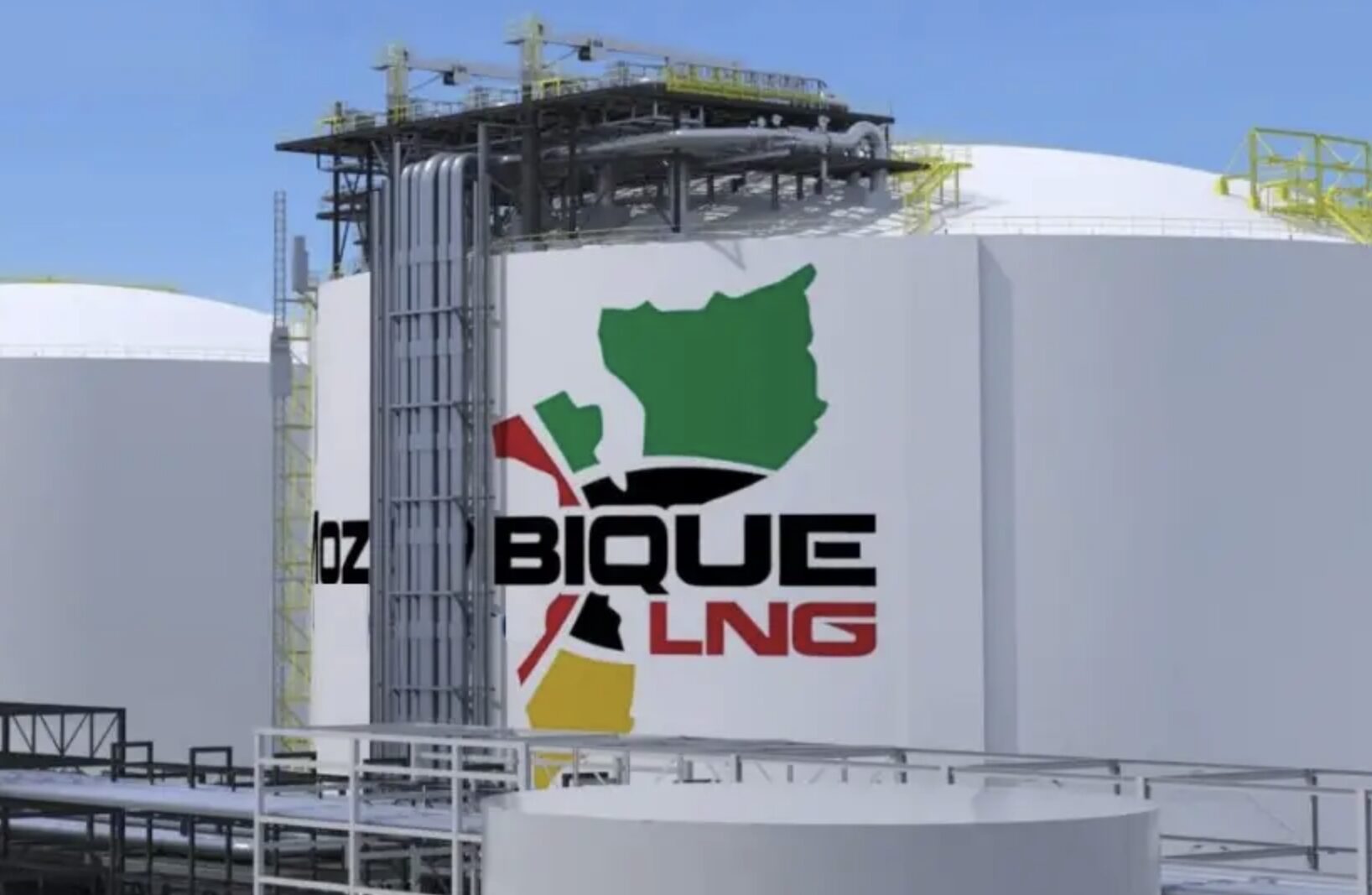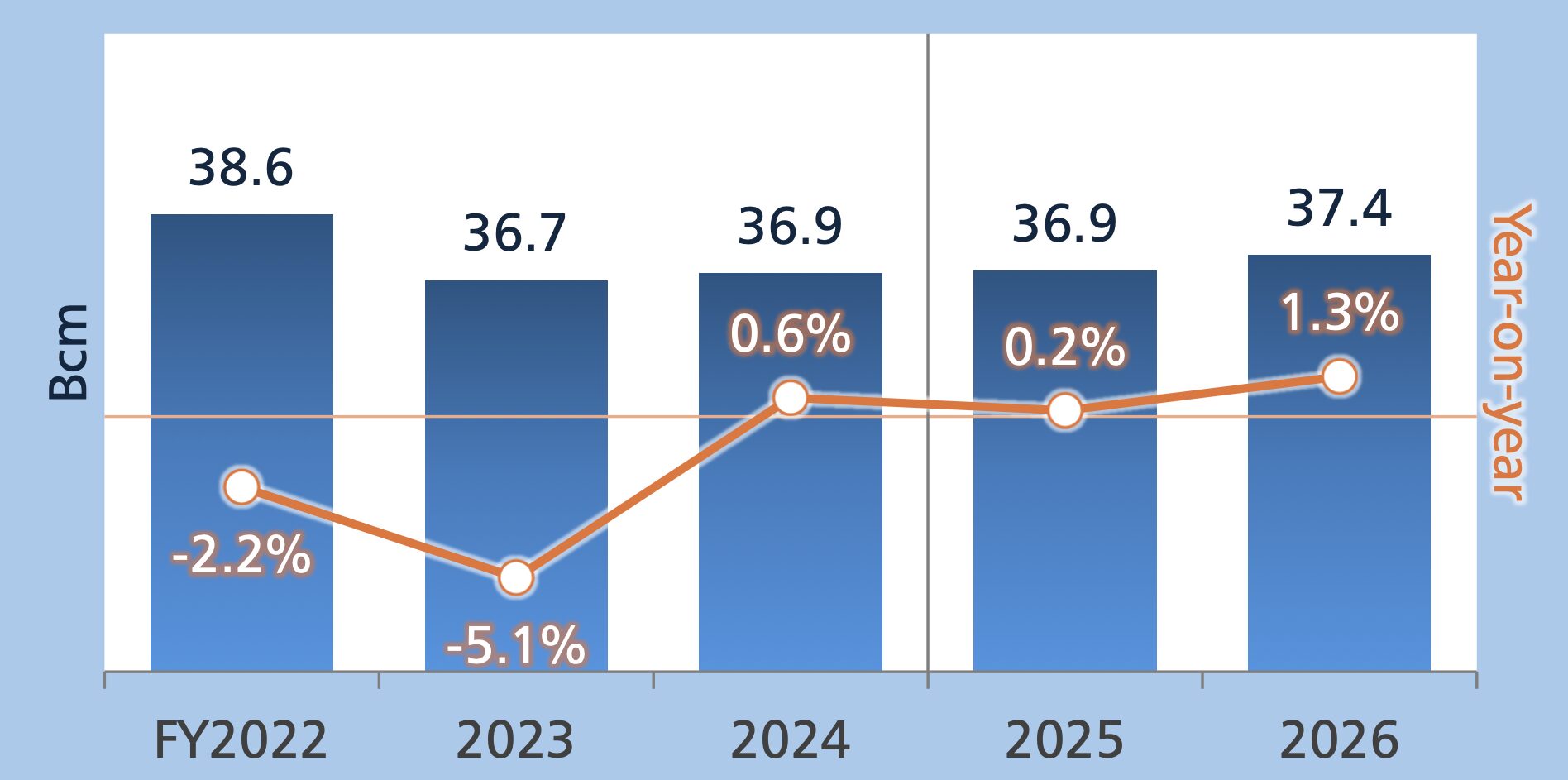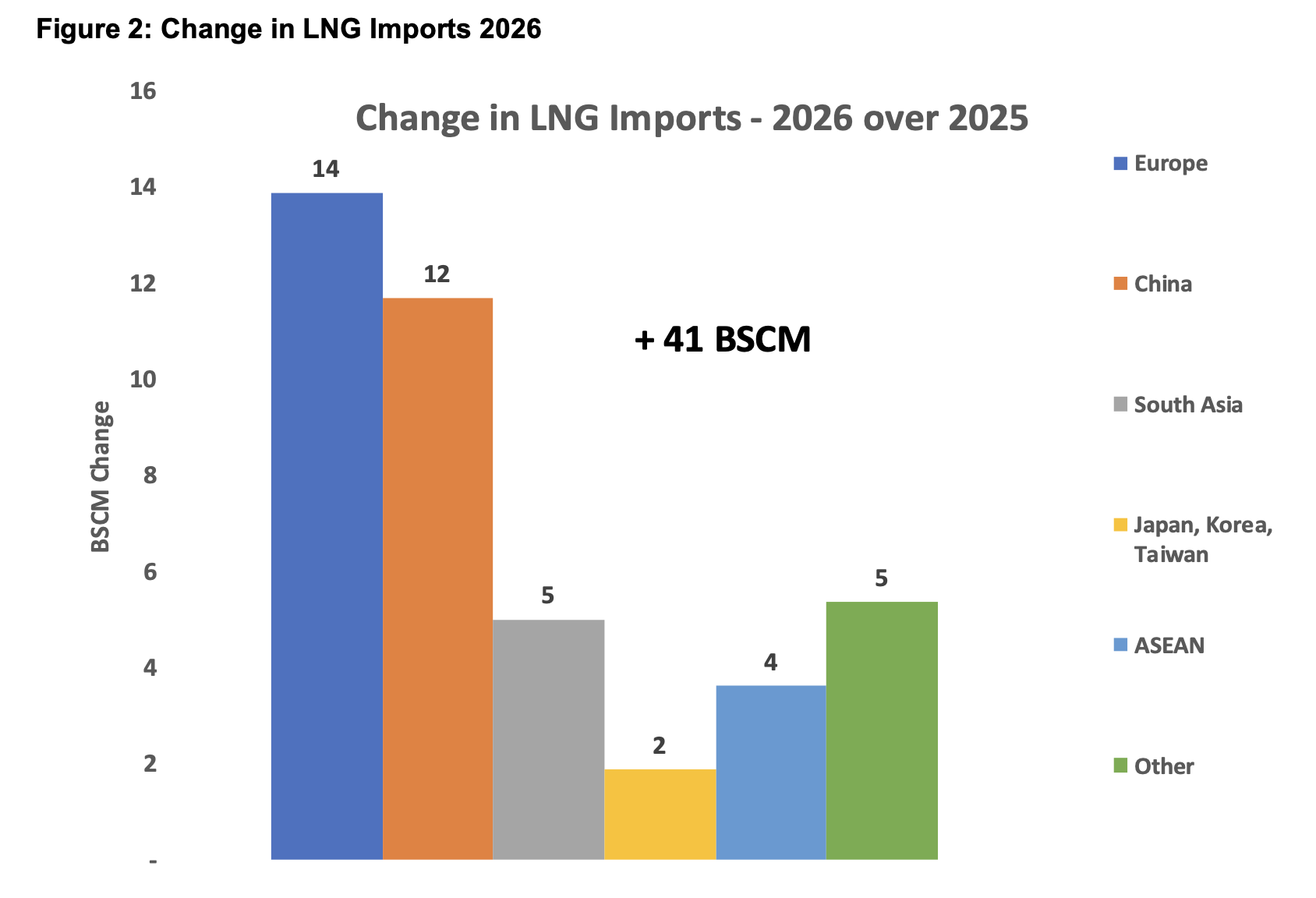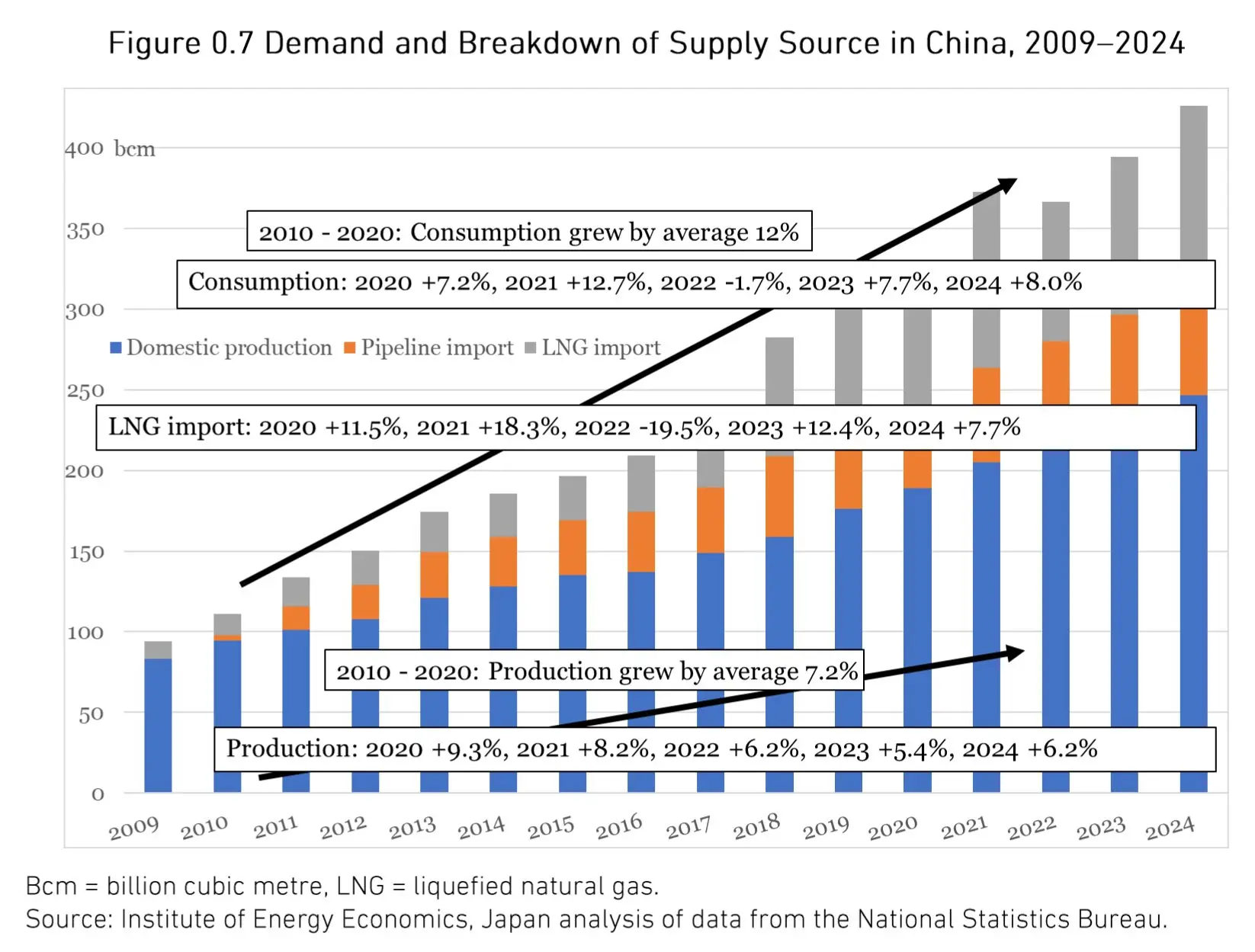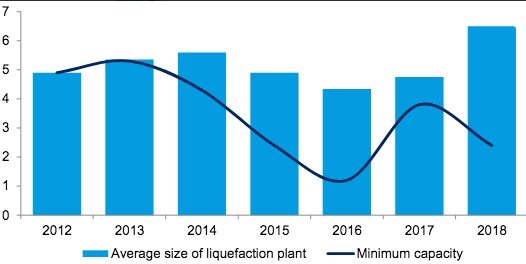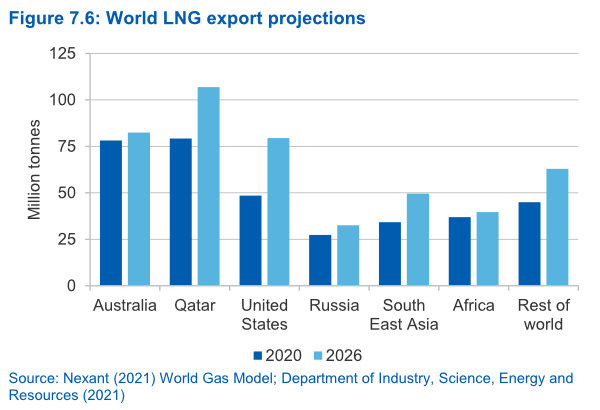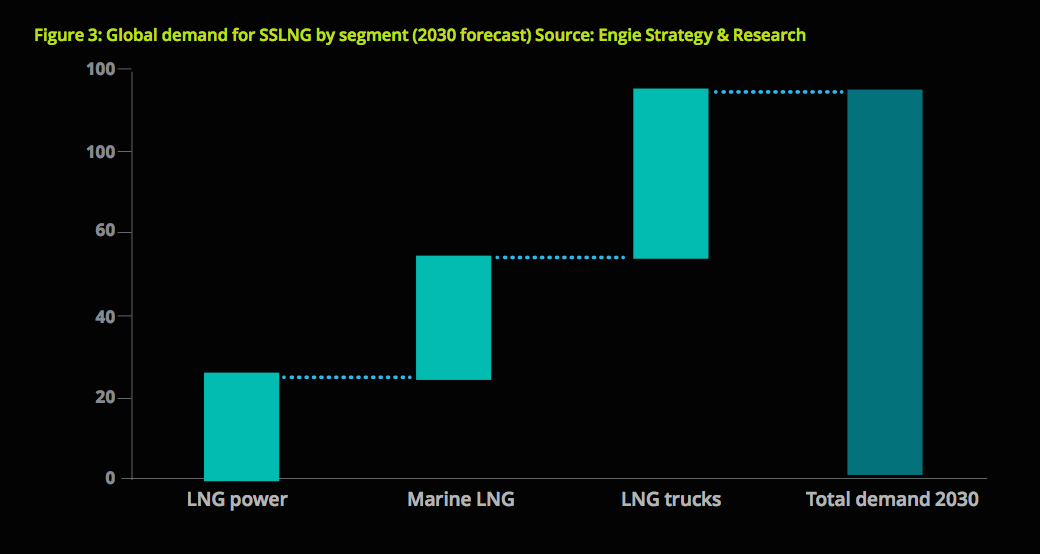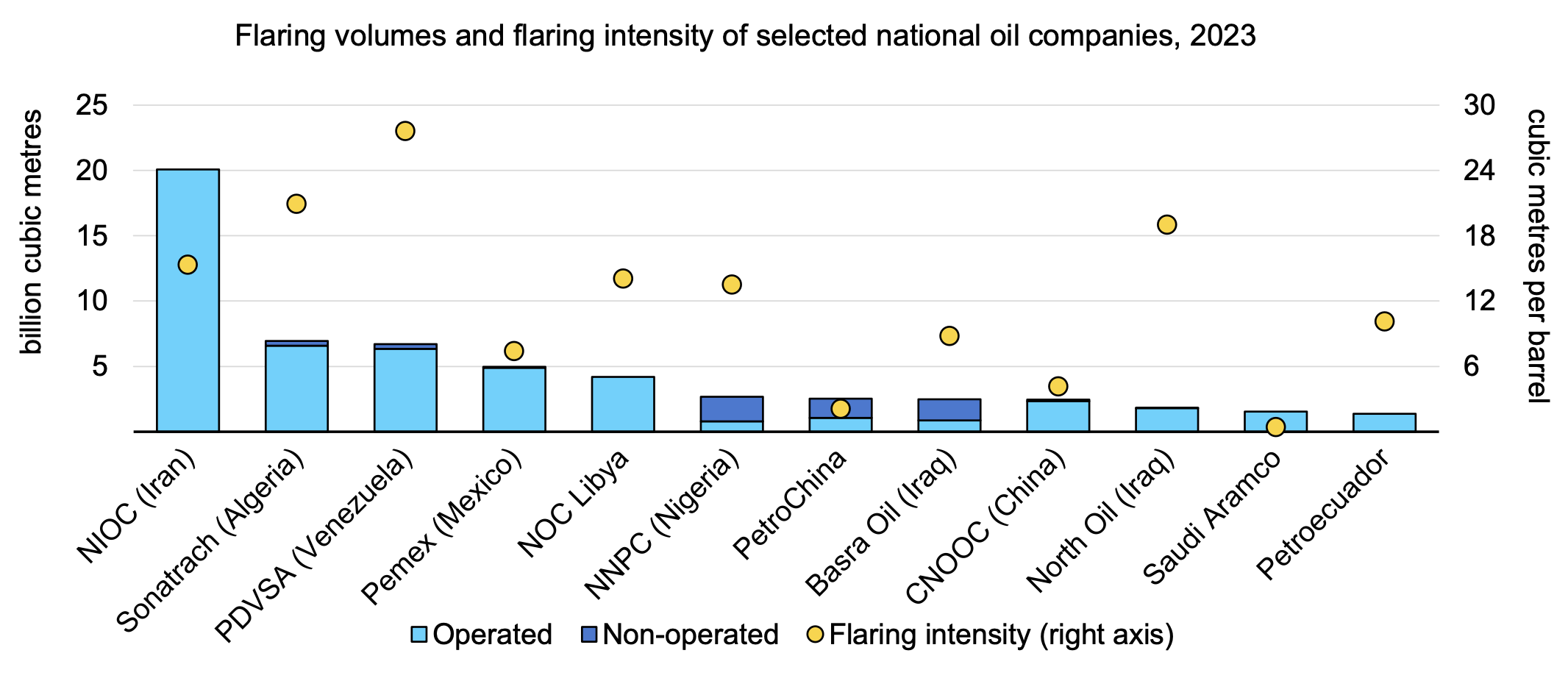
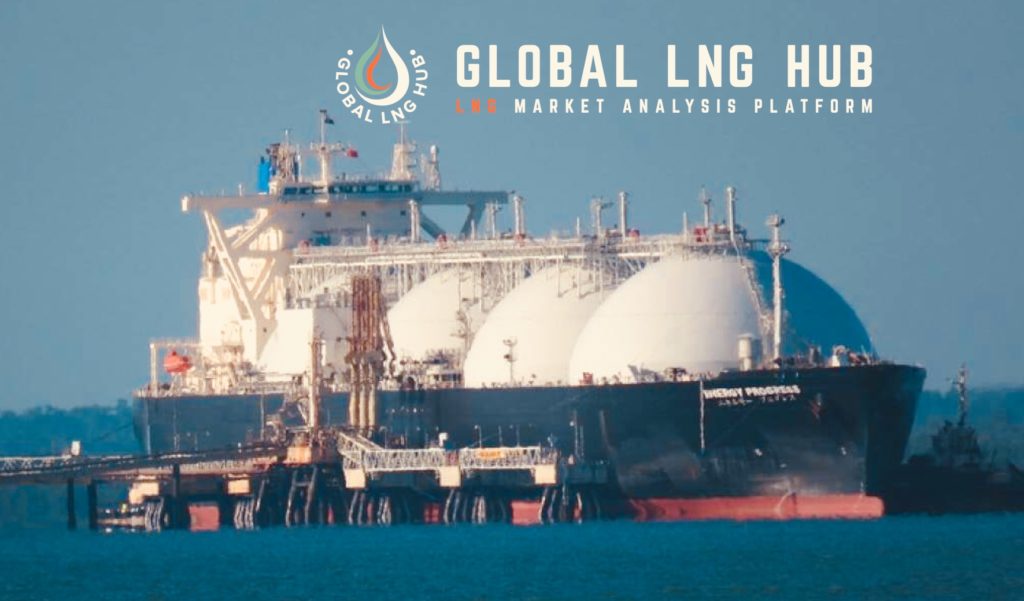
An assessment of long-term prospects for increasing the energy efficiency of tanker ships used to transport liquified natural gas, based on characteristics of the 2011 in-use LNG carrier fleet and global satellite data on ship movements.
With the booming natural gas trade, there has been huge growth in demand for liquefied natural gas (LNG) carriers, the primary means of intercontinental transportation of natural gas. This study assesses the long-term prospects for increasing the energy efficiency of LNG carriers, using 2011 in-use LNG fleet characteristics and global satellite data on ship movements. The analysis also investigates how efficiency characteristics (age, size, technology, operational practices) influence the efficiency of the LNG fleet, and develops a ship stock turnover model to independently track technical and operational efficiency practices in LNG carriers.
Industry-leading LNG carriers are about 60% more efficient than industry laggards. The widespread adoption of available low-carbon technologies and operational best practices could reduce CO2 emissions from the global LNG fleet by 20 million metric tons (MMT) by 2040 and save the energy equivalent of 8 MMT of natural gas, or $4 billion in savings in the LNG supply chain. This study suggests that industry must address split incentives to harvest these efficiency gains, while mitigating climate change through measures such as mandatory energy-efficiency targets for the in-use fleet.

